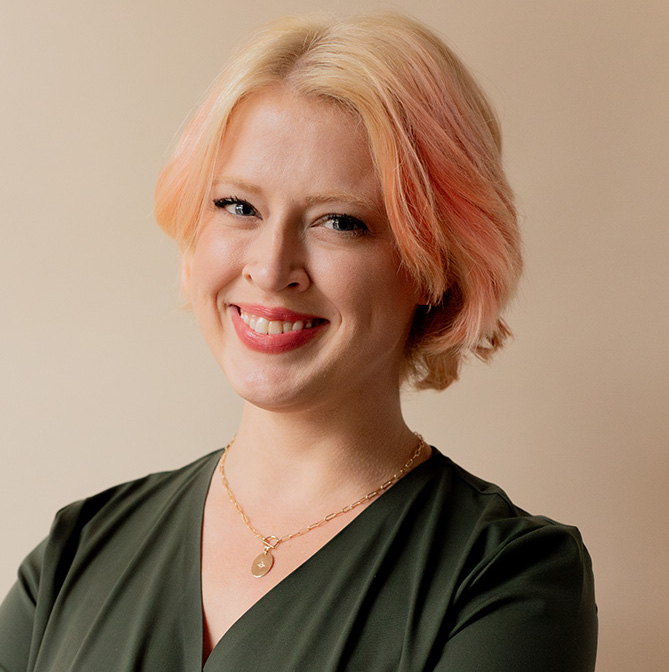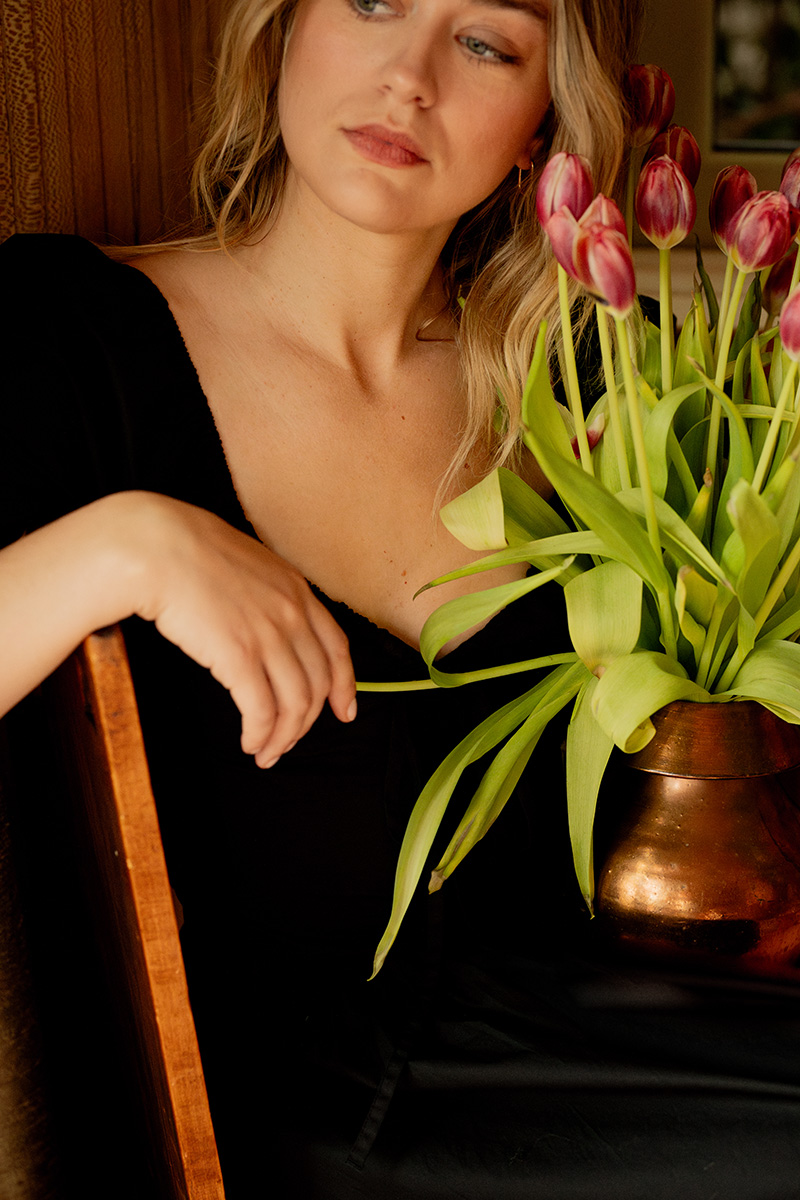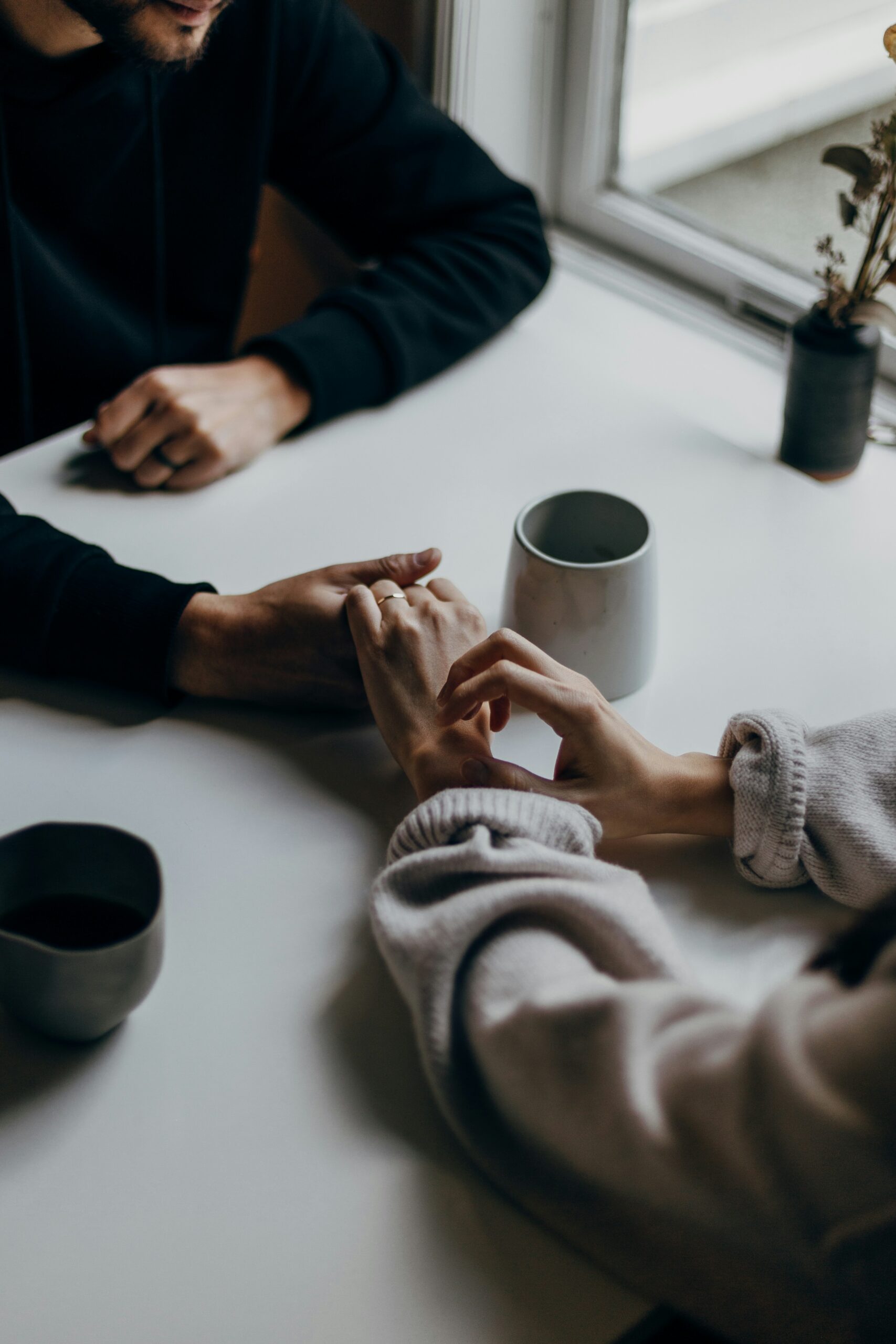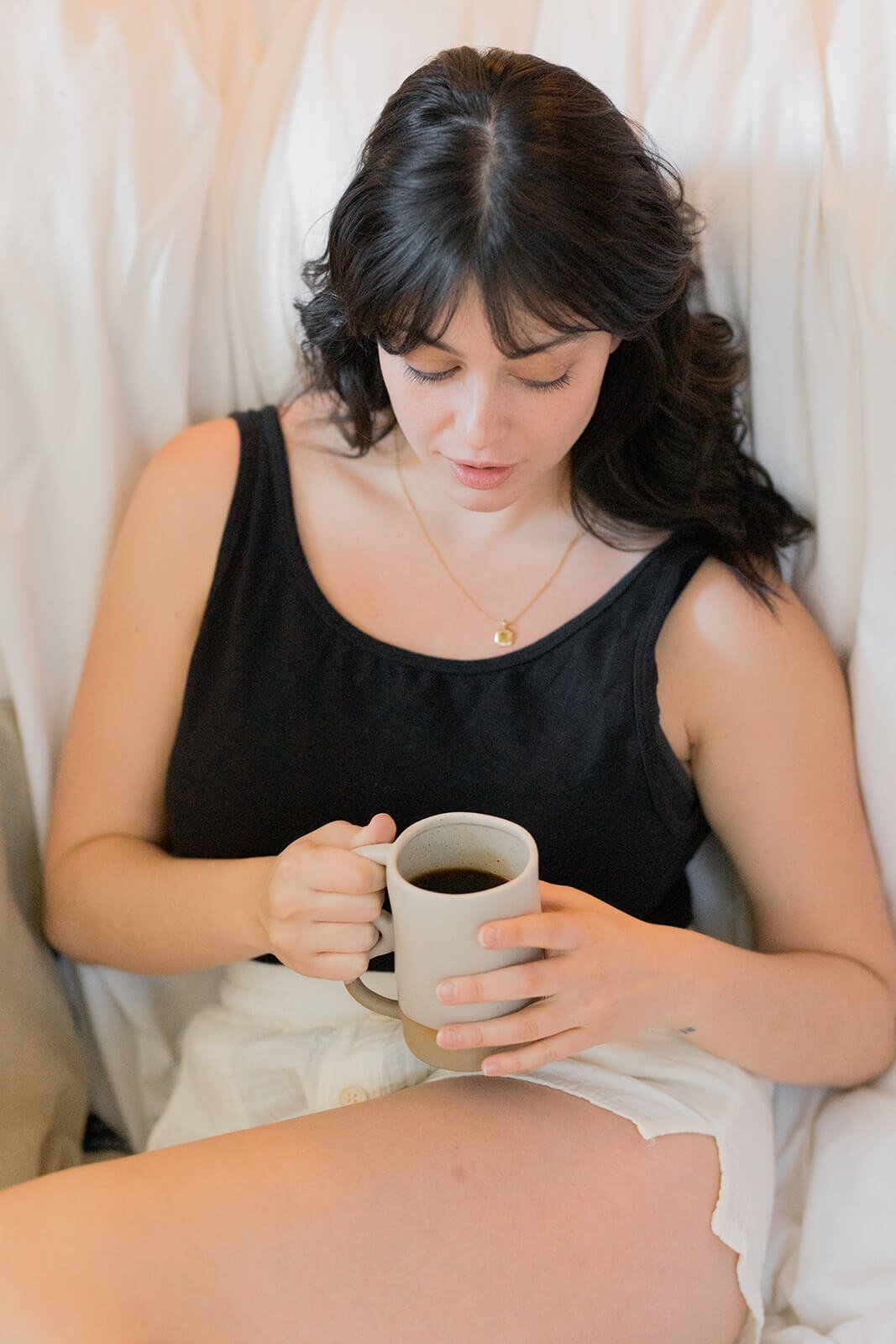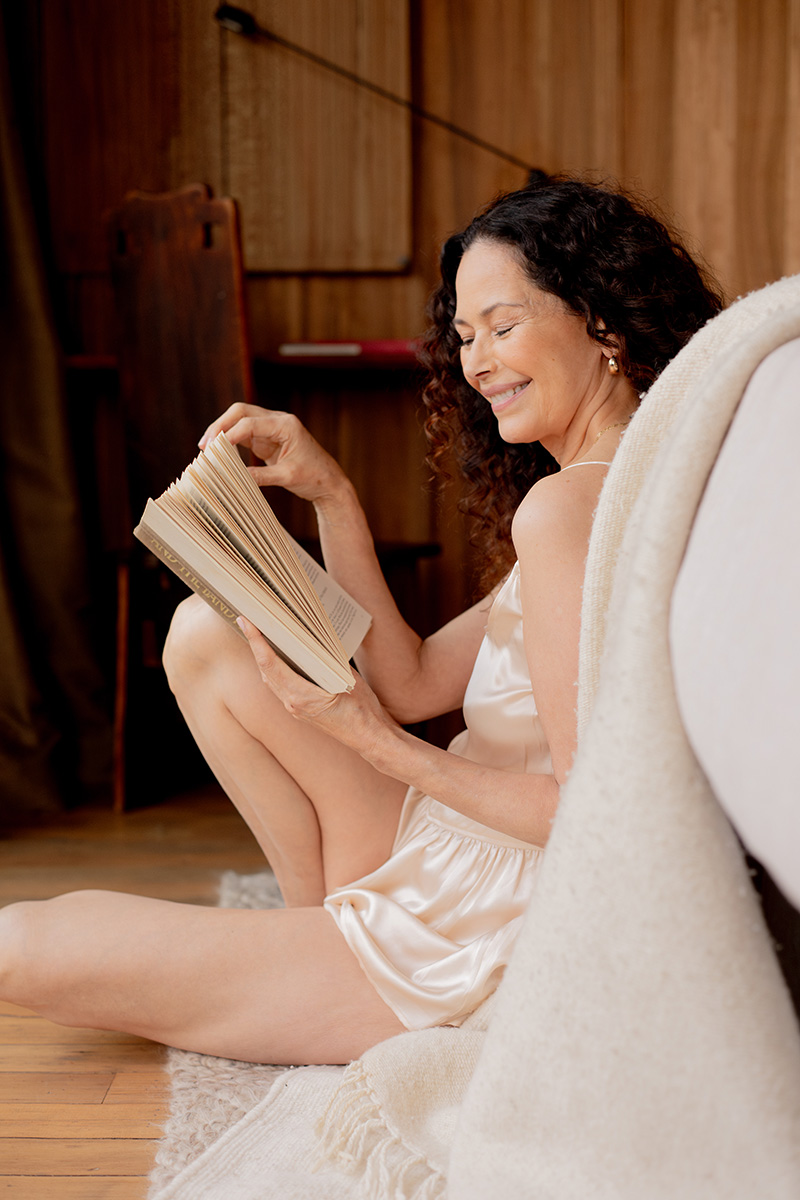
Your Study Guide To Sex Education As An Adult
Sex is natural, joyful, and uniquely personal — but my basic sex education did not cover that in school. Instead, sex ed meant memorizing lists of sexually transmitted diseases in classrooms full of snickering high schoolers. I sat on old wooden bleachers while guest speakers told my peers and me that premarital sex would make us “chewed up pieces of gum” or “pieces of tape that were used so much they no longer stick.”
We were told nobody would want us if we weren’t a virgin, especially us young women. But I was a curious human teenager in the midst of puberty, and I was hungry to learn the mechanics of something I was never taught. I didn’t have many resources on sex; I did have a Catechism of the Catholic Church, though. A Catechism, if you are not familiar, outlines every guideline within the Catholic faith, including all the “wrong” ways to express one’s sexuality — which ironically served as a better sex education than not learning anything at all.
“Avoidance and shame-based education did not serve me then, and it does not serve me now.”
Needless to say, avoidance and shame-based education did not serve me then, and it does not serve me now. The lessons I internalized about my bodily pleasure being sinful outside of marriage (and even, sometimes, inside of marriage) were a recipe for unshakeable shame and disembodiment.
I arrived into adulthood using Urban Dictionary — yes, Urban Dictionary — as a way to catch up on the vocabulary I never knew. Movies and media filled in the blanks in my understanding of how sex actually worked, and even that wasn’t the woman-focused and sex-positive education that I truly needed.
My experience wasn’t unusual for the 2000s; abstinence-only education received $1.75 billion in federal and state tax dollars during the Bush administration. More recently, in 2018, almost $23 million in federal funding went towards “sexual risk avoidance education” programs (a rebrand of abstinence-only) across the US that range from mentioning abstinence to stressing it as the only option. These programs align sexual activity, a normal human behavior, as a risk similar to cigarette smoking, alcohol abuse, and drug use. All this, despite the research that indicates abstinence-only programs are ineffective and stigmatizing.
Only 18 states require the information taught in sex and HIV education to be medically accurate, and only 11 states require that teachings cover consent. But it’s not just sex — sexuality, too, is misrepresented, erased, and stigmatized even at a state law level. Just look to the Florida bill that prevents any teaching on sexuality or gender orientation whatsoever in grades K–3, and extends to whatever the state deems age or developmentally appropriate.
It’s not that sex education is a broken system; it never worked in the first place. If you came from a state that opted out of comprehensive and positive sex education, you are not alone. If you’re still feeling the effects of shame-based sex education, you also are not alone. Wherever you are at — even if it includes abstinence — your choice is personal and should be celebrated as your own.
“Remember that your sexuality is a journey!” says Erica Smith, M.eD. and Sexuality Educator. “You are a sexual being literally from birth until death, which means that your learning will be a lifelong process.”So for those of us who feel like the mandated and basic sex education wasn’t for us, adulthood presents a beautiful opportunity to re-educate ourselves about sex, sexuality, and pleasure.
Sex (re-)education for adults
As I started learning more about sex and sexuality, there was so much I didn’t know that I didn’t know. Near the end of high school and into college, my new and existing friend groups became more sexually diverse and the conversations evolved further.
“When you start to actively research and learn about your sexuality, the world opens itself up to your exploration.”
When you start to actively research and learn about your sexuality, the world opens itself up to your exploration. “You may devour everything you can get your hands on now, which is wonderful,” says Smith. “But you will find that your own needs, preferences, and situation will change, often requiring new education or looking at the info you have through a new lens.”
Smith recommends starting by researching the Five Circles of Sexuality. It’s a powerful model to see, especially as a woman, to know that sexual experiences extend well beyond penetrative sex (which is also something I was not taught). “It’s a model that breaks down sexuality topics into five categories and expands upon each,” she explains. “You can learn about each specific topic within the five circles. Ask yourself, ‘Which topics am I most familiar and least familiar with?’” She also offered up a framework for creating a personal sex positive education approach.
- Learn about your body and how it works. Sex extends beyond the physical, but many programs, including abstinence-only education, do not even cover the basics. (Anyone else not know the difference between vaginas and vulvas until their 20s?)
- Clarify your sexual values. You don’t have to stick with the beliefs that you learned in school, church, or from your family.
- Give yourself permission to seek pleasure. This can be fun and nourishing! Pleasure has a place in our sex lives and in our lives as a whole. Embrace it, explore it, invite it.
- Realize that it is never too late to explore your sexuality. There is no age limit for exploring sex and sexuality. This is amazing news!
- Advocate for yourself. You are the expert in knowing what’s right for you, so advocate for yourself with partners, doctors, or friends and family who may not be on the same page.
Navigating this information can look different for people who have experienced trauma. If you come across a topic that is triggering, Smith recommends taking a step back and seeking support as you need it. None of this needs to be rushed; be gentle with yourself.
Updating the basic sex ed curriculum
Ready to take some notes? Let’s dive into some helpful resources. Remember, these won’t be a fit for everyone, based on comfort levels and which sexual values are important to you.
If you can afford it, sex therapy can be a helpful and safe space to openly process and un-learn harmful belief systems. Here’s a guide to finding a sex therapist that works for you.
Look for medical and research-based information, and when researching sources, check for religious affiliations. If a resource aligns with your faith and you feel comfortable starting there, by all means, use it. That doesn’t mean it will be an identity-affirming resource for everyone.
Turn To Books, Podcasts, and Websites for Sex Education
Now that we’re adults, we can create our own curriculum and find the required reading that suits us and our values. Books have moved past basic sex organ-functionality and into essential discussions around consent and pleasure — especially focusing on sex education for women and LGBTQIA+ people. Here are our favorite sex books if you’re ready to dive in.
“The world of sex education is absolutely thriving on Instagram,” says Smith, who you can find on IG as @ericasmith.sex.ed. “There is so much free sex education content on that platform, and we have a strong community.” She recommends @sexpositive_families and @whatsmybodydoing, and here’s a list of my personal favorite sex-positive educators on Instagram.
“Learning about sex from people whose experiences differ from my own gives me a richer, more nuanced understanding of my own relationship to sex.”
Other websites you might love are Scarleteen, Salty, OMGYes, Blood + Milk, Sex, Etc., Planned Parenthood, SIECUS, and The Center for Sex Education. Learning about sex from people whose experiences differ from my own gives me a richer, more nuanced understanding of my own relationship to sex. Plus, it’s a powerful reminder to remain open and advocate for people who are discriminated against on the basis of their sexual expression.
Just remember, if you enter into a learning space facilitated by someone else, respect their boundaries and experiences. And, if you find someone’s knowledge particularly valuable, check to see if they have a Patreon or PayPal address so that you can compensate them for the work they’re doing.
Then Talk to Your Friends About Sex
In my Urban Dictionary days, I also had a couple of friends I knew I could trust when I needed answers. Those friends saved me from some embarrassing Google searches (and even more embarrassing encounters) by explaining terms without judgment. If you’re not sure whether something is normal or you need a heart to confide in, having friends to empathize with you is a lifeline. Be sure to get their permission before asking them about a sexual experience, and read here for more tips on how to talk to your friends about sex.
And Finally, Don’t Be Afraid To Get Hands-On!
Finally, there’s plenty to be said for the “practice makes perfect” approach. If you’re practicing with a partner or partners, transparent communication can help you understand exactly what works for each other. If you’re doing some solo exploration, check out this piece on mindful masturbation.
Release all expectations and self-judgment when you’re exploring, and allow yourself grace for the times that you just don’t feel like it. Saying no when your intuition says no, even to yourself, is a practice in itself.
Wherever you are at in your self-education, know that you’re supported. Smith puts it best, as a reminder to remain patient with yourself: “There is no rush to the finish line because there isn’t a finish line. I’ve been a sex educator professionally for almost 20 years and I’m still constantly learning new things.”
Follow your curiosity, love yourself well, and enjoy the process. 😉
Emily McGowan is the Editorial Director at The Good Trade. She studied Creative Writing and Business at Indiana University, and has over ten years of experience as a writer and editor in sustainability and lifestyle spaces. Since 2017, she’s been discovering and reviewing the top sustainable home, fashion, beauty, and wellness products so readers can make their most informed decisions. Her editorial work has been recognized by major publications like The New York Times and BBC Worklife. You can usually find her in her colorful Los Angeles apartment journaling, caring for her rabbits and cat, or gaming. Say hi on Instagram!
